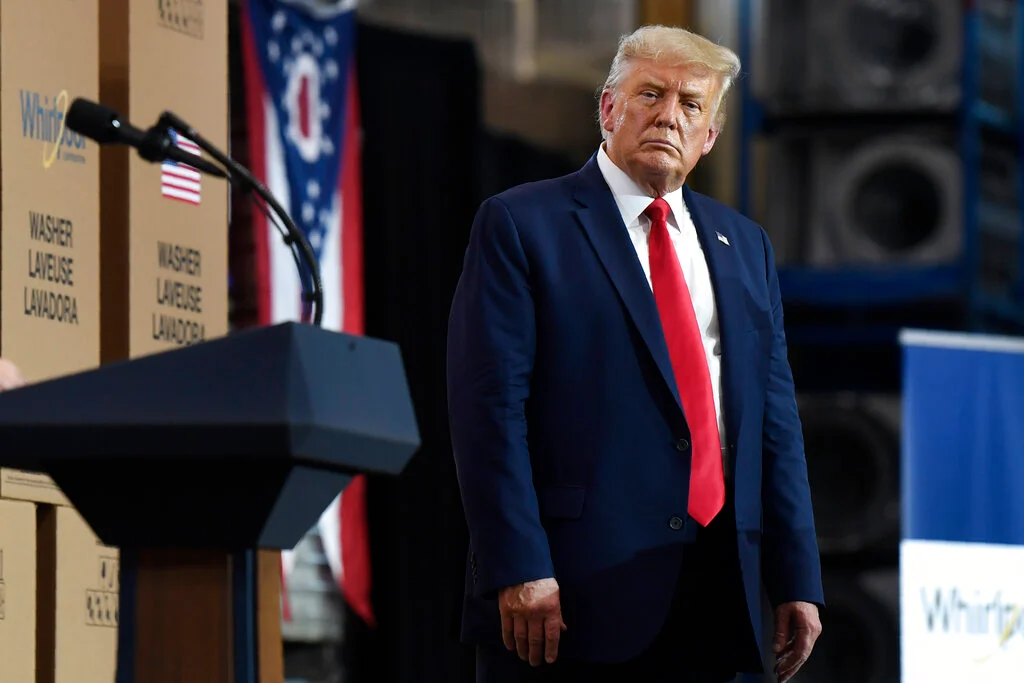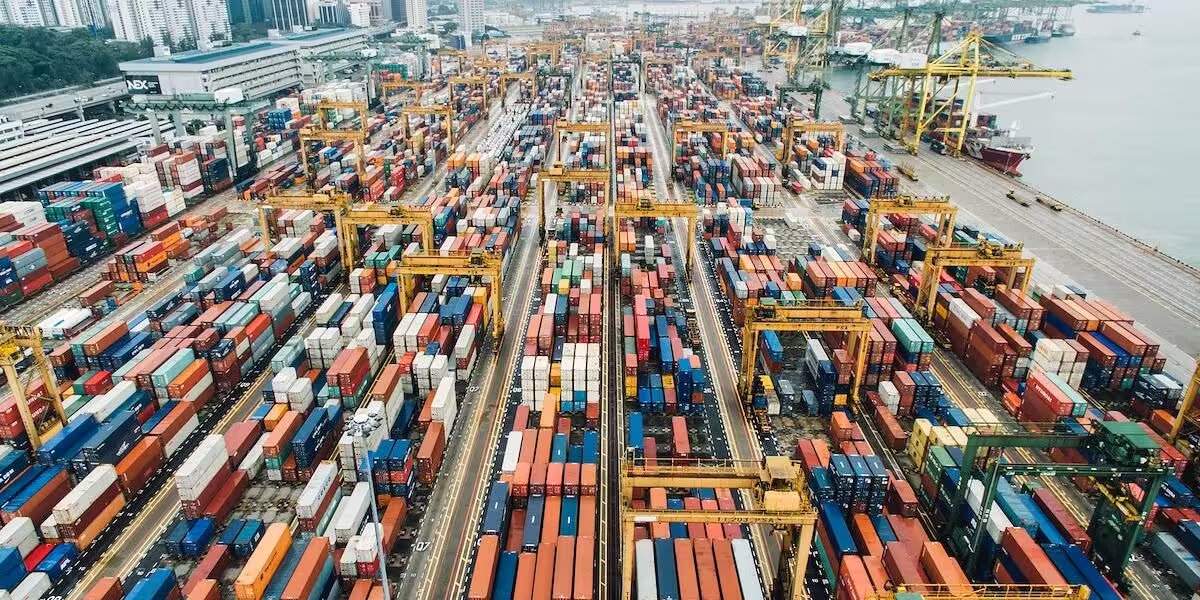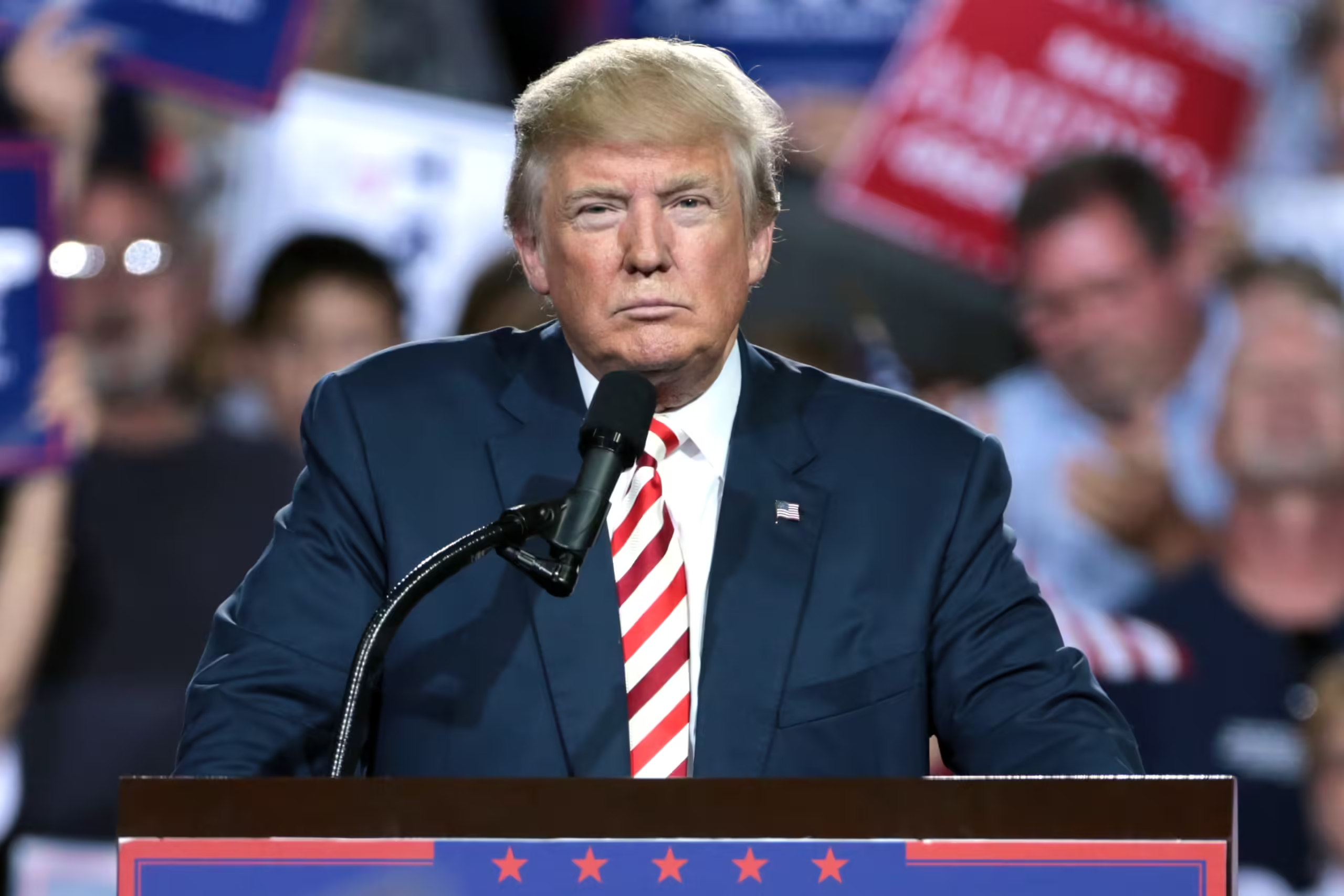Elections and Political Shifts Worldwide: How 2024 is Reshaping Global Political Landscapes

Elections and Political Shifts Worldwide: How 2024 is Reshaping Global Political Landscapes
Global elections in 2024 are bringing about profound political changes that will have a big impact on both local and international affairs. Many nations are seeing more polarization, a surge in populist movements, and a greater emphasis on security and defense this year, especially in regions where geopolitical concerns are present. A strengthened defensive posture in areas like Taiwan and Eastern Europe, the emergence of far-right parties in Europe, and severe political splits in the US are some of the major events. These political shifts are a reflection of deep-seated fears and ideological differences, and they will probably shape future policy initiatives.

The emergence of European far-right movements
Far-right and populist parties have seen an unparalleled comeback throughout Europe in 2024, especially in nations battling concerns like immigration, economic instability, and national identity. Far-right parties have acquired significant support in recent elections in Germany, France, and Italy. These parties frequently use nationalist rhetoric and pledges to stop immigration and bring back traditional values.
Germany
With the Alternative for Germany (AfD) acquiring substantial support, populist emotion has returned to Germany, a nation historically wary of far-right influences because of its past. Germany’s electorate is divided, as seen by recent elections, with the AfD calling for tougher immigration laws, a tougher attitude to crime, and a more German-centric approach to EU issues. This change presents difficulties for Germany’s old political establishment, especially with regard to coalition formation and consensus-driven administration, and reflects a wider mistrust against the EU and globalization.
France
Under Marine Le Pen’s leadership, the National Rally (Rassemblement National) in France has been gaining ground. Voters disenchanted with conventional parties have been drawn to Le Pen’s agenda, which emphasizes immigration restriction, national sovereignty, and protectionist economic policies. The nation is still sharply divided despite President Emmanuel Macron’s efforts to combat this with measures that strike a balance between security and integration. France’s stance to the EU may change as a result of the growth of far-right populism, which might have an impact on cross-border cooperation, economic integration, and defense.
Italy
Significant changes are also taking place in Italy’s political landscape, as the far-right views of Prime Minister Giorgia Meloni’s administration are already influencing its international and domestic agenda. While indicating a cautious approach to European integration, Meloni’s administration has pushed a more conservative agenda on social and immigration issues. This pattern reflects a larger European distrust of centralized EU control, and Italy’s position may encourage similar moves in other EU countries.
The 2024 Presidential Election and Political Polarization in the United States
One of the most politically divided nations in the world right now is the United States, where social concerns and immigration laws are hot topics of discussion. With both major parties sharply split on how to handle immigration, social justice, healthcare, and economic inequities, the 2024 presidential race is a focal point of this conflict.

Immigration Regulations
In American politics, immigration is still a contentious issue. The Democratic Party, on the one hand, supports more refugee resettlement and more compassionate immigration laws, including citizenship options. In contrast, the Republican Party has advocated for tighter border controls, quicker deportations, and fewer routes for undocumented immigrants. This gap may influence immigration policies for years to come and is a reflection of larger ideological conflicts in the United States over social cohesiveness, economic security, and national identity.
Disparities in Social and Economic Policy
The American population is still divided on issues like gun regulation, healthcare reform, and climate change. While Democrats generally support more federal monitoring in these areas, the Republican Party has tended toward conservative policies that aim to decrease federal intrusion and increase state authority over healthcare, environmental laws, and education. As each party rallies its supporters on these topics in the run-up to the 2024 election, this split is glaringly apparent.
Foreign Policy Impact
Changes in American politics have an effect on international relations as well, especially with regard to economic ties, climate accords, and NATO. With isolationist and nationalist sentiments becoming more popular, home politics are having a bigger impact on U.S. foreign policy. The geopolitical environment will be shaped by the position of the incoming U.S. government on matters such as defense expenditures, relationships with Europe and Asia, and participation in international organizations.
Eastern European and Taiwanese security and defense

Recent elections and political changes in areas with significant geopolitical tensions, including Taiwan and Eastern Europe, show a strong focus on security and defense. Both areas face complicated threats: Eastern European nations are coping with the possible fallout from the Russia-Ukraine war, while Taiwan is grappling with military pressure from China.
Taiwan’s Increasing Attention on Defense
Taiwan’s 2024 elections have revealed a clear movement in favor of strengthening defense capabilities. The Taiwanese government has boosted defense spending and fortified ties with Western countries, especially the United States, in response to China’s escalating military drills near Taiwan. Policies like investing in cybersecurity, producing weapons domestically, and forming strategic alliances with allies are among the measures that many Taiwanese people now favor in order to secure the island’s autonomy. Since neighboring countries keep a close eye on Taiwan’s reactions to mounting Chinese pressure, the results of the election there will have a significant impact on the Indo-Pacific area.
The Strategic Position of Eastern Europe
Eastern European nations have also stepped up their defense efforts, especially those that border Russia. For instance, Poland is aggressively working to deepen its NATO connections and has dramatically raised its military budget. In keeping with Western military plans, the Baltic republics are also stepping up security to stave off any Russian threats. The security environment in Europe is changing as a result of these nations bolstering their defenses, and more defense cooperation between the EU and NATO is probably in the cards.
The European Union’s role

The EU is facing pressure to modify its military plans in light of these elevated security concerns. A more unified European security policy, with more integrated military capabilities among member states, is something that several EU nations support. However, varying national agendas and degrees of commitment to defense spending provide obstacles to this aim. The EU’s future position as a global security player will be greatly influenced by how it responds to the security demands of Eastern European countries.
The Effects of Political Changes Worldwide(Elections and Political Shifts)
These global political changes have a significant impact on commerce, international relations, and global governance in addition to being domestic events. A new political environment is being shaped by the growth of far-right parties in Europe, the hardening of defense postures in Taiwan and Eastern Europe, and the escalation of division in the United States.
Economic and Trade Policies
International trade will be one area affected. Protectionist policies, which may change trade agreements, tariffs, and cross-border investments, are frequently associated with the growth of populist and nationalist regimes. For example, European countries may reconsider trade policy in reaction to the rise of right-wing populism, while a more isolationist U.S. government may withdraw from international trade agreements.
Environmental and Climate Policy
Climate policy is another area that is impacted. Since many far-right and populist movements believe that green initiatives impede economic progress, they have minimized or devalued climate change. Global climate action may encounter resistance or delays as these parties acquire clout. On the other hand, certain left-leaning governments still place a high priority on aggressive climate policy, which may lead to uneven regional development.
Defense cooperation and security alliances
These political changes will probably also have an impact on security alliances like NATO. NATO’s position and finances are being rigorously examined as defense becomes more important in places like Taiwan and Eastern Europe. Any decrease in the United States’ commitment to NATO, however, may encourage European nations to make larger investments in their own military systems, which might lead to a more independent European security strategy.
Ideological Blocs’ Ascent
The globe may become increasingly divided into ideological blocs as a result of these changes, with some nations supporting liberal democracy and multilateralism while others may align themselves with nationalist and protectionist views. International organizations, economic agreements, and diplomatic ties may be impacted by this change, especially in areas where geopolitical tensions are high.
Conclusion
The political changes of 2024 mark a turning point in world politics and have the power to alter government, foreign relations, and policy for years to come. The globe is becoming more ideologically motivated and fractured, as seen by the growth of far-right movements in Europe, polarization in the United States, and increased military postures in Taiwan and Eastern Europe. Countries’ status on the international scene as well as their home policies will depend on how they handle these difficulties. A more linked but more divided globe due to conflicting future visions will be shaped by the decisions taken in 2024, which will also set the tone for future international collaboration, security alliances, and economic policies.
You also may like: newstimzone.com/politics



















